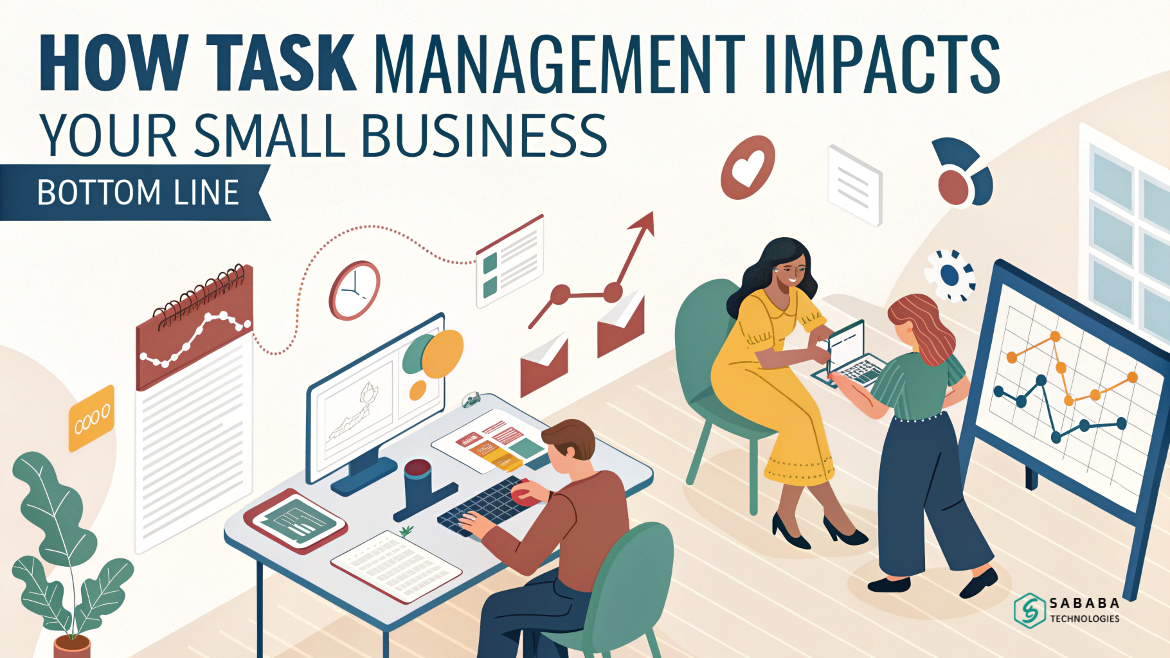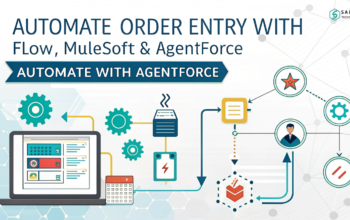Discover how effective Task Management drives Small Business success, boosts productivity, and strengthens your bottom line.
Running a small business often feels like balancing a dozen spinning plates. Every missed follow-up, unclear responsibility, or delayed approval chips away at progress. This is where task management steps in. It’s not just about creating lists; it’s about building a reliable system that organizes work, minimizes stress, and keeps your business moving toward profit.
When done well, task management becomes more than a productivity tactic — it turns into a financial advantage. Let’s explore how structured tasks directly shape your small business success.
What Is Task Management and Why Does It Matter?
At its core, task management means organizing, prioritizing, and tracking the work that keeps your company alive. From customer service requests to marketing campaigns, each task contributes to your overall performance.
Unlike project management, which looks at large initiatives, task management zeroes in on day-to-day execution. For a small business, this focus is essential. Clear tasks prevent wasted effort, help employees understand their role, and reduce confusion across teams.
The Financial Impact of Strong Task Management
Your bottom line doesn’t just depend on revenue — it depends on efficiency. Poorly managed tasks can drain time, duplicate work, and frustrate employees. On the other hand, disciplined task management directly improves profit margins. Here’s how:
- Lower operational costs: Streamlined workflows cut unnecessary steps and prevent costly errors.
- Faster customer response: Quick resolutions improve satisfaction, which drives loyalty and repeat business.
- Stronger accountability: Every team member knows what’s expected, reducing turnover and burnout.
- Data-driven insights: Tracking tasks highlights bottlenecks, allowing leaders to make smarter investments.
When you connect these benefits, it’s clear: task management isn’t an administrative chore; it’s a revenue enabler.
How Task Management Powers Small Business Growth
For a small business, resources are limited. Every hour wasted represents money lost. Effective task management helps maximize output without stretching budgets.
- Clarity of priorities: Teams avoid second-guessing and focus on high-impact work.
- Reduced manual work: Automation handles repetitive steps, freeing time for strategy.
- Better collaboration: Centralized tools ensure everyone sees the same updates.
- Improved planning: Leaders can forecast workload, allocate resources, and anticipate obstacles.
This structure not only saves time but also fuels long-term small business growth by building predictable systems.
Practical Steps to Strengthen Task Management in Your Small Business
1. Set clear objectives
Tie each task to a specific outcome. When employees understand the “why,” they commit more deeply.
2. Assign ownership
Every task needs a single accountable person. Shared responsibility often leads to missed deadlines.
3. Track progress in real time
Use dashboards, mobile apps, or CRM tools so updates don’t get lost in emails or sticky notes.
4. Leverage AI and automation
Smart reminders, predictive alerts, and auto-generated tasks keep work on schedule.
5. Review and refine
After completing tasks, analyze outcomes. Did the process save time? Did it cut costs? Continuous refinement makes task management sharper with each cycle.
The Role of Technology in Modern Task Management
In today’s environment, small businesses can’t rely solely on paper checklists or scattered spreadsheets. Digital platforms — especially CRM-based systems — bring all activities under one roof. With AI features, you can:
- Generate tasks directly from customer conversations
- Prioritize based on urgency and business impact
- Receive alerts when progress stalls
- Forecast potential risks before they escalate
By blending human focus with technological support, task management becomes a strategic tool for scaling operations.
Avoiding Common Pitfalls
Even the best intentions can fail without discipline. Small businesses often struggle with:
- Using too many disconnected tools
- Failing to assign task owners
- Ignoring reviews after completion
- Overloading employees with shifting priorities
The fix? Simplify. Choose one centralized platform, set clear ownership, and build a feedback loop. This ensures task management supports growth rather than becoming another layer of complexity.
Every small business faces pressure to do more with less. In fact, clarity, structure, and efficiency become essential for survival. That’s why organizing daily responsibilities provides not only direction but also measurable impact. By contrast, without structure, teams often lose focus and waste valuable time. Therefore, when you assign ownership, automate workflows, track progress, and ultimately learn from results, you create a cycle of continuous improvement. As a result, daily operations transform from scattered activities into a strategic driver of profitability.
When tasks align with strategy, employees feel confident, customers stay satisfied, and the business thrives. Effective planning isn’t just about productivity — it’s about securing your bottom line.
FAQs
1. How does organizing daily work improve profitability in a growing company?
By streamlining responsibilities, reducing errors, and improving team efficiency, companies can lower costs and strengthen their bottom line.
2. What’s the difference between handling tasks and managing projects?
Tasks deal with day-to-day responsibilities, while projects involve broader, multi-phase initiatives. Both are necessary for balance.
3. Why do smaller companies struggle with organizing work?
Limited resources, unclear priorities, and lack of streamlined processes often make it difficult for smaller companies to stay efficient.
4. Can AI really support organizing daily work?
Yes. AI tools can automate repetitive duties, predict bottlenecks, and provide insights that help teams stay focused and efficient.
5. What’s the first step to improve task management in my small business?
Start by centralizing all tasks in one system. From there, assign ownership, automate where possible, and review results regularly.
Feeling more like puzzles than solutions? That’s when Sababa steps in.
At Sababa Technologies, we’re not just consultants, we’re your tech-savvy sidekicks. Whether you’re wrestling with CRM chaos, dreaming of seamless automations, or just need a friendly expert to point you in the right direction… we’ve got your back.
Let’s turn your moments into “Aha, that’s genius!”
Chat with our team or shoot us a note at support@sababatechnologies.com. No robots, no jargon, No sales pitches —just real humans, smart solutions and high-fives.
P.S. First coffee’s on us if you mention this blog post!



